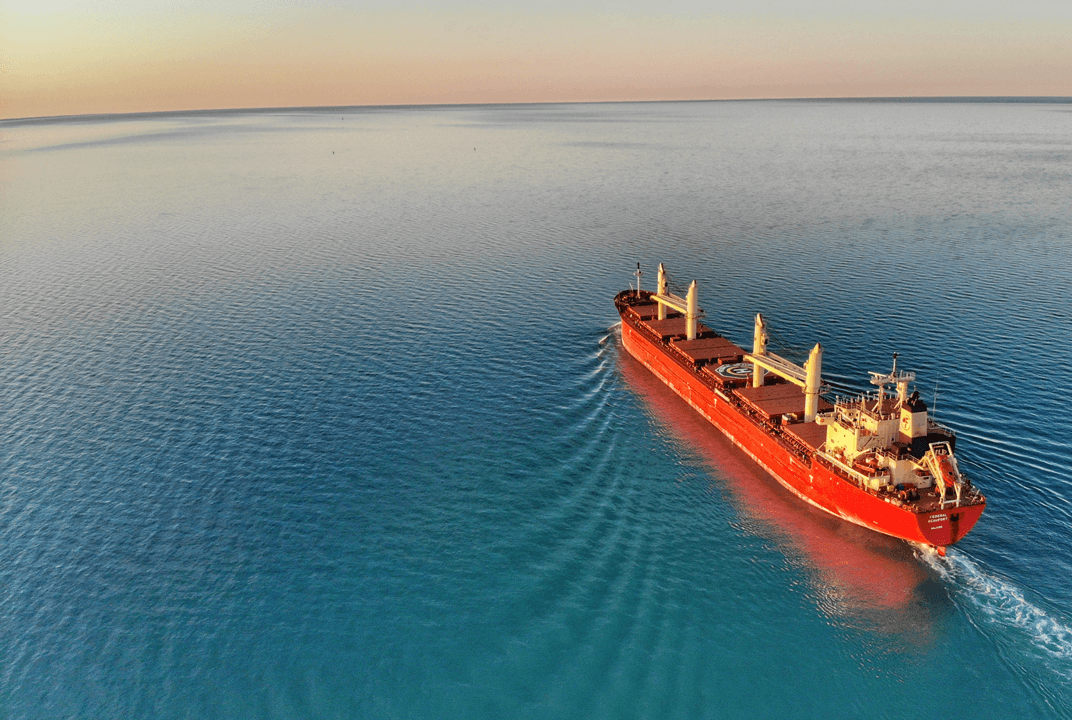Insight | Smart thinking for smart ships
Smart thinking for smart ships
Maritime
It’s a simple fact: ships need more data. We’re seeing a trend among ship owners towards turning vessels into floating offices at sea, with all the features and applications we find in the shore-based office environment replicated onboard. The main driver for such demand is business applications, while the crew welfare aspect is undoubtedly important.
So at Navarino we are certainly looking forward to using the new bandwidths that Fleet Xpress utilises to develop new maritime business applications that it’s not been possible to offer cost effectively until now. With Fleet Xpress in our portfolio, we can bring our customers high throughput solutions for a huge range of functions, from remote management and support of onboard IT systems and real-time vessel tracking to automated analytics and business intelligence.
Then there’s high speed crew welfare solutions that just haven’t been feasible before, like video chat and live TV, as well as eLearning tools for training and eHealth applications for remote consultations with medical experts.
The availability of a cost effective, global VSAT service accessed through manageably-sized antennas has always been missing. The only option for this has been C-band, but this is not suitable for many merchant vessels due to its size, the practicalities of its installation, and cost. So it’s no real surprise that our customers want to get their hands on Fleet Xpress. They recognise this is something different – the first VSAT service specifically built for maritime. They like the fact that there’s full redundancy – not just for the antennas but also the ground infrastructure – and that we will be able to provide them with solutions that are available at all times and seamlessly around the world.
Market conditions have not been ideal in recent years, but more and more ship owners and managers are coming to understand that satcoms is more of a value than a cost, and allows them not only to communicate but also to monitor their vessels anywhere. They appreciate that the transition to new technological-based standards of maritime operations is driven not only by regulation but also by commercial necessity. In order to recover from the bad market conditions, they need to be competitive and so technology, including satcoms, is increasingly necessary.
About the author
Konstantinos Katsoulis began his career in maritime telecommunications as an account manager for Navarino in 2000, where he was responsible for business development both in Greece and abroad, and created a strong customer base in the early days of Navarino expansion. In recent years, he rose to become Vice-President of Sales & Marketing, being the main coordinator of the Navarino sales teams in Greece, UK, Norway and the Far East. With his 15 years’ experience in maritime and satellite communications, he is now Commercial Director, expanding the brand even further and creating new endeavours.


